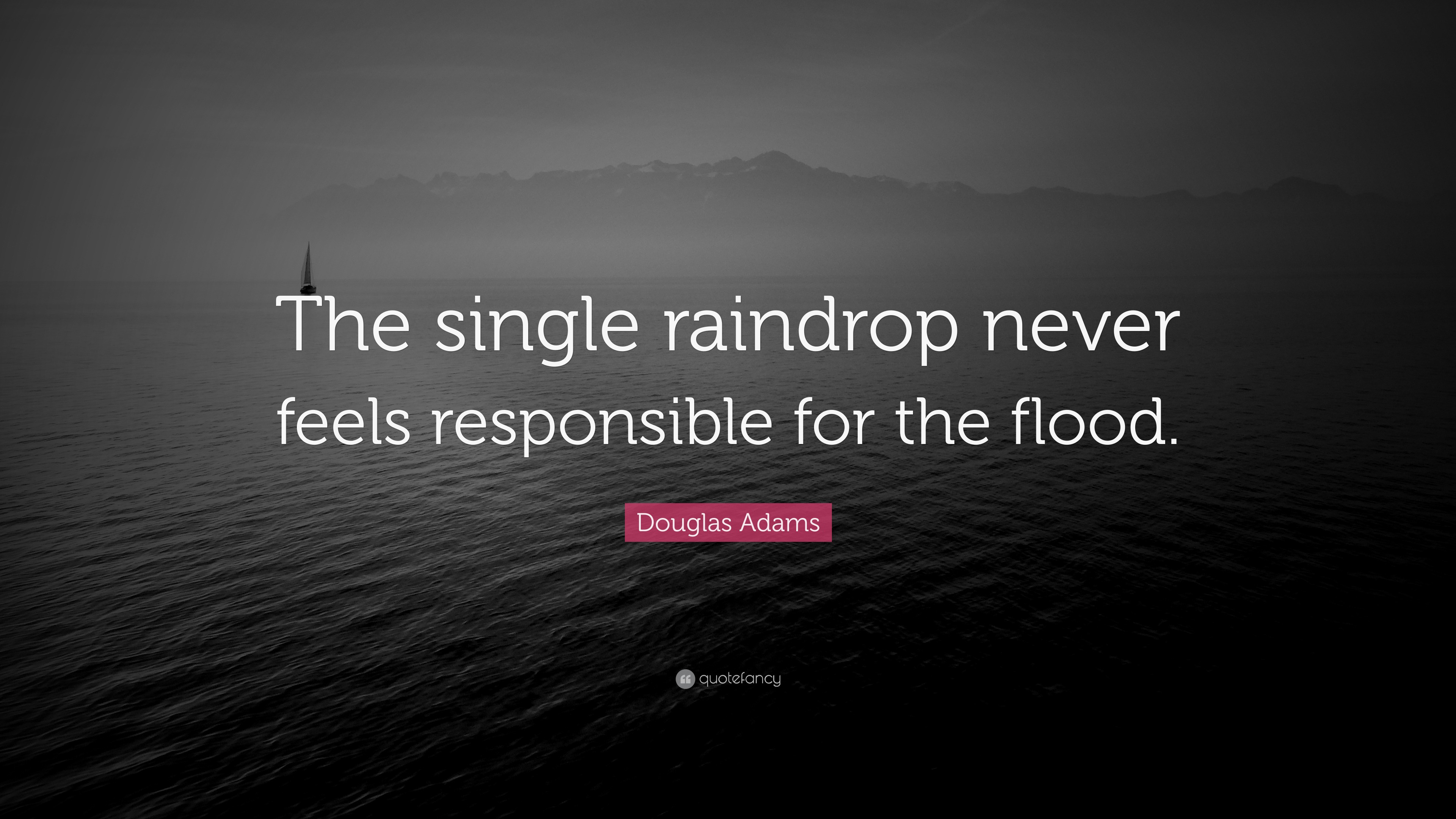One of the things that they don't tell you in education programs (or maybe they do and I just wasn't listening) is that there are no simple answers.
"Mr. Aion, can I have a pencil?"
How do I answer this?
If I say "no" then I'm communicating my expectations that students come prepared for class. I am reinforcing my desire to have them think about what they need before they attend.
If I say "yes" then I'm communicating my belief that pencils are important enough that I have them, but the lack thereof shouldn't be a barrier to learning.
But there are no simple answers.
When I say no, what happens inside the head of the student? Do they understand that I'm emphasizing the need to be prepared? Do they think "this is a natural consequence of my inability or unwillingness to bring one of my own"? "This is bad and without a writing implement, I can still participate in class, but will be further behind because I can't take notes or focus my thoughts through a written medium."
This totally happens!
Or do they sit there with their arms crossed, refusing to participate in class? "Fine. Then I guess I won't learn today." Without a pencil, will they sit there quietly, or are they more likely to distract those around them?
Does it teach them responsibility, or does it reinforce their own preconceptions that school sucks and hates them?
When I say yes, what happens inside their heads? Do they feel grateful that I have the empathy to understand that sometimes kids forget things and need help? Are they thankful that someone was there to meet their needs this time and will do their best to remember a pencil tomorrow?
Do they see that my willingness to give them something they obviously need is an indication that my priorities are my content and not their organization?
Does it teach them empathy, solidify the student/teacher bond, or does it reinforce their preconceptions that they don't need to be responsible for their learning and someone will always pick up their slack?
But there are no simple answers.
Why did the student ask me for a pencil?
Did they forget their pencil at home? Did they leave it in their last class? Have they looked in their bag to see if they have one, or did they assume not? Did they start the day with a pencil and lent it to someone who didn't give it back, or did they lose it when they threw it at a kid in the hallway? Do they not have a pencil because they are disorganized, or because they come from a home that is shattered and dangerous and "make sure I have a pencil for class" isn't even a blip on the trauma radar?
Do they need help learning organizational skills, or do they need to speak with a counselor about being removed from an abusive home?
Or did they simply misplace their pencil?
There are no simple answers.
A pencil is such a small thing. It costs me nothing to give one to a student, but what does it cost the student? What preconceived notions of theirs are reinforced or shattered, either consciously or unconsciously? What habits am I building or enforcing? Does it show them a safety net will always be there, or does it demonstrate empathy and understanding that they will internalize?
What about the other students? What do THEY learn when I say yes or no? Do they see me as firm but fair, someone they can approach if they have needs, either big or small? Do they see me holding their classmates accountable for their choices and habits? Do they understand why I gave a pencil to student A without blinking an eye, but gave student B a quick talking to about preparation?
Do they see a stupid man dying on a stupid hill?
If I give, or don't give, pencil to 100 students, there will be 100 different reactions.
When I look at my students, or own children, I wonder about pebbles. I wonder which pebbles can be safely added or dislodged from the mountains that are their lives.
I wonder which pebbles will make that mountain increasingly precarious until one day, a minor disturbance upsets the entire groups, causing an avalanche that leaves the mountain an irreparable ruin.
I recognize that people are not mountains. People grow, shrink and change. Avalanches in people are a part of being alive and can be repaired.
I recognize that I am not going to ruin a child by giving, or not giving, a pencil when asked for one.
Teaching is exhausting. Wanting to be a good teacher, even more so. We make these calculations every time a student asks a question, makes a request or gives a comment. Which walls are we building? Which walls are we breaking down? Which walls do we leave alone because we lack the tools to have any impact?
Which walls do we simply ignore for the sake of our own sanity?
I know that I am too close to this year to give adequate or accurate reflection, but I will say this:
I don't feel good about how it went.
Then I ask my students what they think and their answers remind me that, while I have a lot to learn and long road to walk, I haven't caused any avalanches. In some cases, I helped to build bridges and give a hand when needed.
Overall, I suppose I'm doing alright.
I suppose I should keep investing in pencils.

